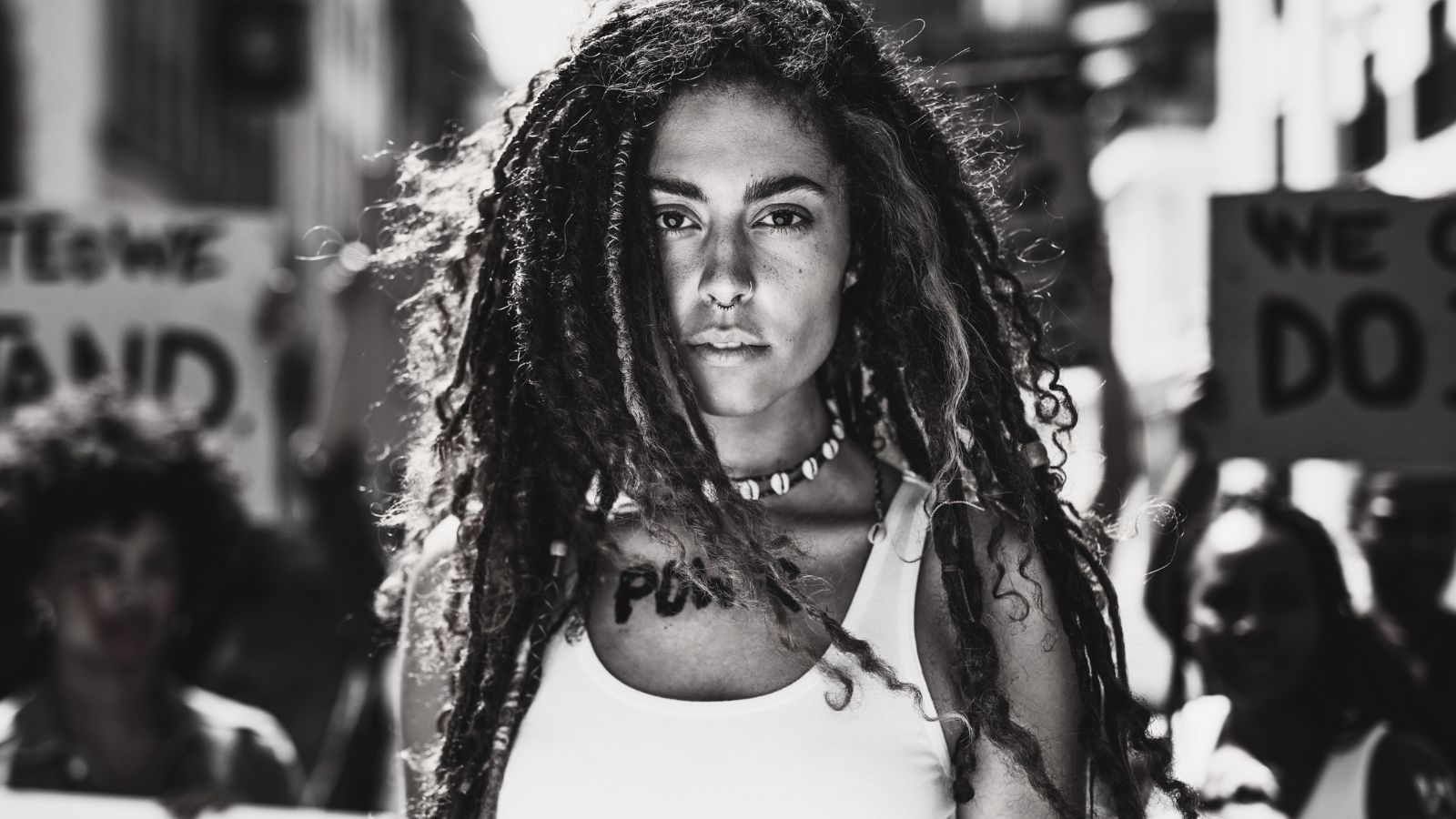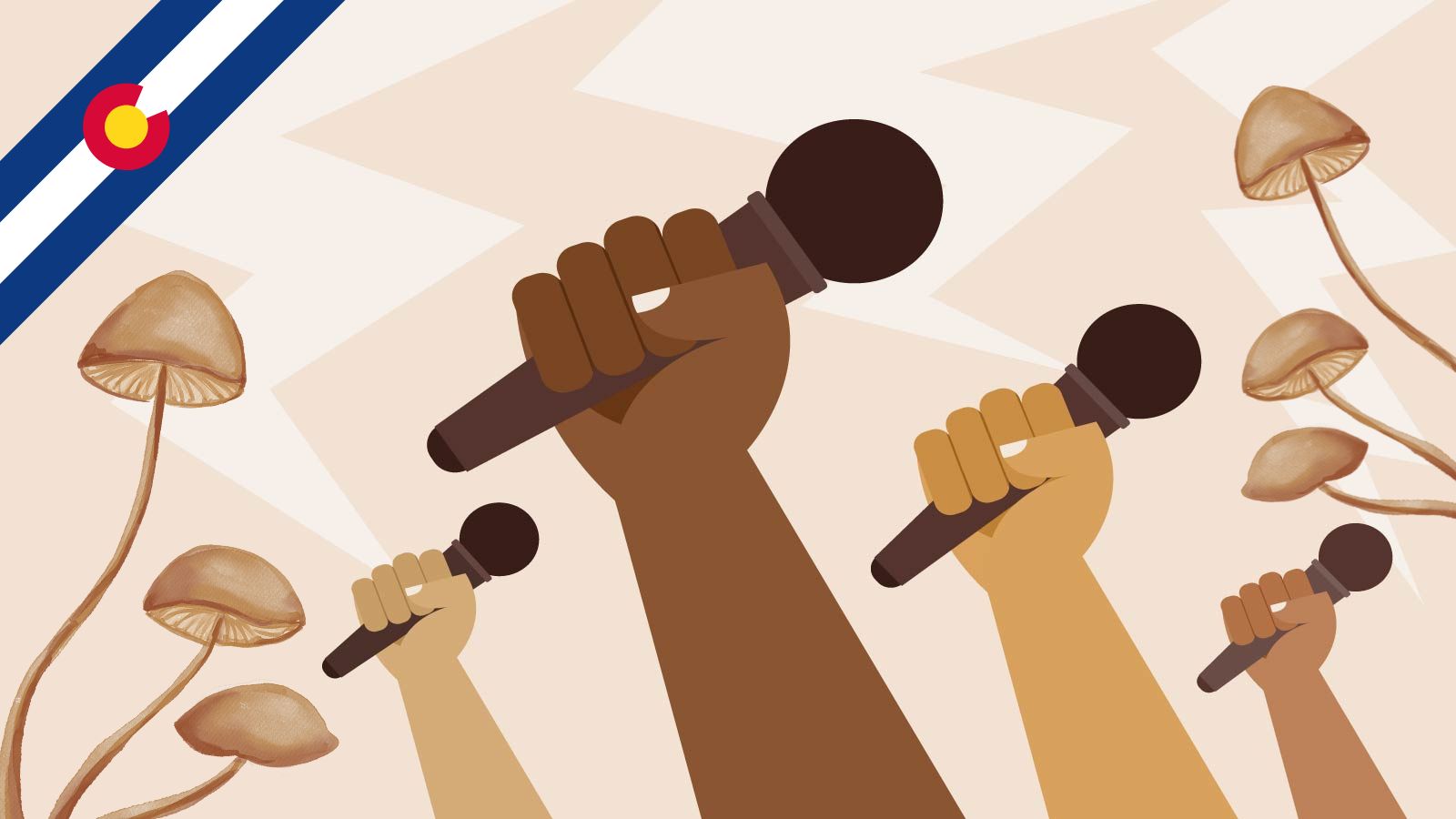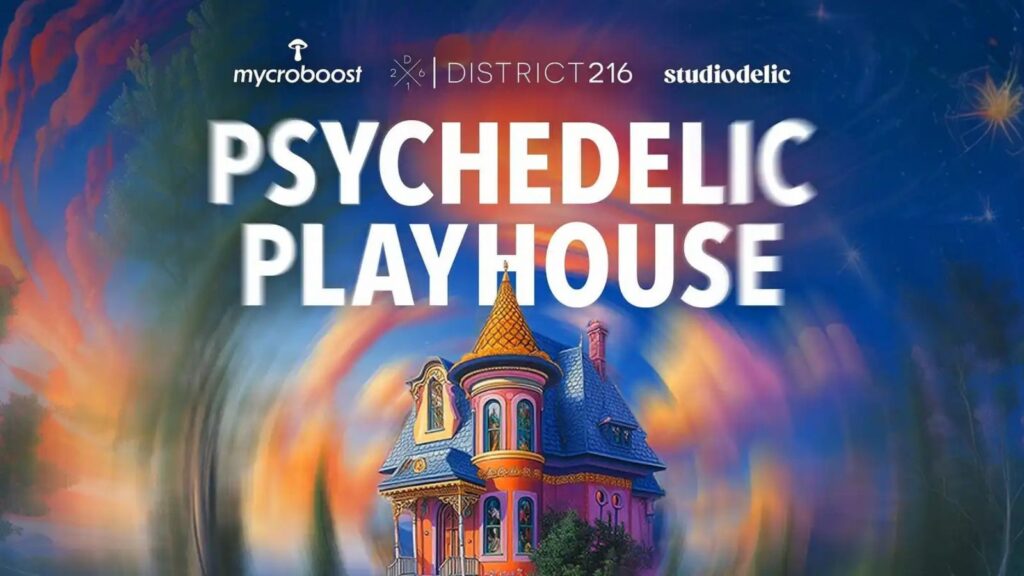Psychedelic politics are tricky, to put it mildly. The legality of these substances is a blessing only a few states share, while psychonauts in criminalized areas still face jail time. And even within these sanctuary states, there are still plenty of disgruntled people taking action against psychedelics.
In the past, PSAs featuring a fried egg and rants about hippies from Nixonites were the primary opposition to these substances. Now, as the psychedelic renaissance rages and legalization spreads, resistance is more subtle, and potentially more harmful. A prime example of this new playbook was initiated in the freshly decriminalized state of Colorado, when the Senate Bill 24-158 threatened psychedelic free speech in Colorado Congress.
Luckily, a coalition of local activists took action, stirring up enough attention to get the bill tabled entirely. The story of how is not only an interesting entry in Colorado’s countercultural history, but an important cautionary tale to activists pursuing legalization movements across America; sometimes the community needs to band together and march to preserve their rights.

Colorado and Psychedelics
The first political victory for psychedelics in Colorado came when Denver voters decriminalized magic mushrooms in 2019. Then in 2022 voters approved Proposition 122, sending shockwaves through the Centennial State’s psychedelic scene.
For those unfamiliar, the Proposition decriminalized the cultivation, possession, and consumption of many natural psychedelic substances throughout the state for those 21 and older, including shrooms, mescaline, and forms of DMT.
Prop 122 also included protections regarding providing psychedelic-related services and sharing of newly legal entheogens, although official sale and advertisement of the substances remains illegal. Now, legislators continue to draft regulations that will govern this newly-created industry.
Since Decriminalization
The psychedelics industry has flourished in this time, both legally and illegally. Aboveground entrepreneurs include media outlets, mycology home supply stores, and psychedelic therapy services. A legally dubious “gray market” has also grown; many smoke shops will “gift” you free magic mushrooms with the sale of a pricey sticker, and untrained “guides” can sell psychedelic experiences on social media with relative ease.
On one hand, many citizens have been able to change their lives with access to medicines that are proven to have a significant positive effect on mental health. Communities and relationships have been forged en masse around being able to talk about and use psychedelics in the open, with education and harm reduction resources spreading like wildfire.
On the other hand, the underground scene has expanded, and the culture shift has led all psychoactive drugs to be more available—even those that are still illegal, like MDMA and LSD. Dealers are emboldened by Prop 122, as it implies that other drugs that fit the “psychedelic” category will likely attract less attention from the authorities.
For every page focusing on psychedelic education, media, or business, there is at least one that illegally peddles psychoactive drugs. These dealers were one of the targets of SB 24-158.

What Is SB 24-158?
The law was introduced to the Colorado Congress on February 13, 2024, proposing rules for social media platforms operating in the state. In its description on the Colorado Senate’s website, the legislation boasts that it will regulate the operations of social media and enable officials to enforce these regulations, providing much-needed protections for youth on these platforms; however, the meat of the bill tells another story.
One section of the bill was devoted to dealing with social media accounts illegally selling drugs—it called for platforms to explicitly prohibit “the promotion, sale or advertisement of any illicit substance.”
This is problematic for a couple of reasons—one, the term “illicit substance” is a catch-all for any drug, as its first statutory definition was “a controlled substance”. This language intentionally puts newly legal medicines, including marijuana—which has been recreationally legal in Colorado since 2012—back into the category of criminal substances.
Legislation Attacking Free Speech
The fact that the bill prohibits the “promotion, sale, or advertisement” is in blatant violation of the First Amendment. Remember, the sale and advertisement of natural medicines is still illegal, so there’s no issue with those two. It’s a single word, “promotion”, that made this legislation into a weapon for dissenters of the psychedelic renaissance.
This version of the bill would have made it so speech perceived as the “promotion” of psychedelic substances on social media is an illegal act—this could include educational material, research articles, and any information that can be considered as talking about psychedelics positively, as “promotion” is never given an official definition.
Cannabis Ignored
For more than a month after its inception, SB 24-158 flew under the radar; however, it got some negative attention by mid-March. While this didn’t become breaking news, the topic might have gotten enough online traction that either Big Cannabis said something to lawmakers or the legislators themselves feared the heat they were starting to draw, as they amended the bill on March 28th.
This change made an exception for any substance “produced and sold” legally in Colorado, giving marijuana a break. That being said, this amendment made no effort to give any newly-legal psychedelics leeway because, although these substances can be legally produced in the state, their sale remains illegal. After the cannabis exception amendment, activists slowly began to take notice, and the Denver community started to assemble to protect their freedom of speech.

Psychedelic Activists, Assemble!
By April 17th, Psyched4 and the Plant Magic Collective, both psychedelic education nonprofits, started spreading the word about SB 24-158 through email blasts and Telegram. At this point, a few others had taken notice, but this was the first real call to action. Leaders within the industry began to sign up for public testimony in order to protest the bill, and social media posts started proliferating within psychedelic circles about the situation.
Activists soon began planning a march to the Colorado state capitol in Denver to demonstrate against the bill on the day it could’ve been passed through committee, May 1st, with the nearby Plant Magic Cafe used as a natural starting point. Major news outlets were contacted, and stories broke in the last few days of April covering the preparations of the planned protest.
On the March
The day of the march soon came, and dozens gathered a mile away from the state capitol; signs were quickly painted that criticized the “Don’t Say Psychedelic” bill and passed out among the crowd. Some of Denver’s most prominent psychonauts quickly coalesced around the Plant Magic Cafe. They gathered following the lead of the Cafe’s owner, Meaghan Richmond, educators like Ashley Troxell of Psyched4, who recently spoke before the FDA on MDMA, and activists like Kevin Matthews and Travis Tyler Fluck, both of whom were instrumental in the ‘19 and ‘22 decriminalization campaigns.
Cries of “free the plant, free the people” rang through the historic Capitol Hill neighborhood as the march began. Soon, the throng reached the state capitol, chanting as they marched around once, then settling by the front steps. Here, signs were waved and protests were shouted as community leaders gave interviews to news outlets, all denouncing SB 24-158.
This demonstration occurred during the general assembly of lawmakers, dissolving as activists entered the building once legislators broke into committees; many had signed up to give their testimony in order to stop the progress of the bill.
Testimonies and Tables
The psychedelic posse calmly corralled themselves into the committee chambers, taking their seats across the aisle from a more conservative crowd; these were citizens who felt compelled to speak in favor of the bill. They spoke first, giving testimony as to why they believed this law was crucial for Colorado’s youth. As it came time for the psychedelic community to testify against the bill, a surprise shook the room as its sponsors unanimously voted to table the legislation indefinitely, shoving it into legal purgatory.
A decided win for freedom of speech! Yet, something was still off; why weren’t these citizens who were opposed to SB 24-158 allowed to testify? The comments in favor of the bill forever live on record, but the psychedelic community was not given the same opportunity to officially defend its stance.

Psychedelic Freedom and the Future
The May 1st March was a win in the war against censorship; however, it wasn’t casualty-free. Allowing the opinions of one side of an argument to be expressed while the other is kept silent is still certainly a kind of censorship. Psychedelic activists need to be on the lookout for these slights, as they speak volumes about the actual attitude of the government towards decriminalization.
Even if more than half of Americans are in favor of psychedelic freedoms in some capacity, activists can’t slow down, as there’s still a widespread stigma against the substances that’s endured for the better part of a century and, as here, the voices in favor of legalization may be silenced through the use of complex bureaucracy. Opposition needs to be expected, education needs to be proliferated, and activism needs to be championed—otherwise, we can’t guarantee psychedelic freedoms for the future.















